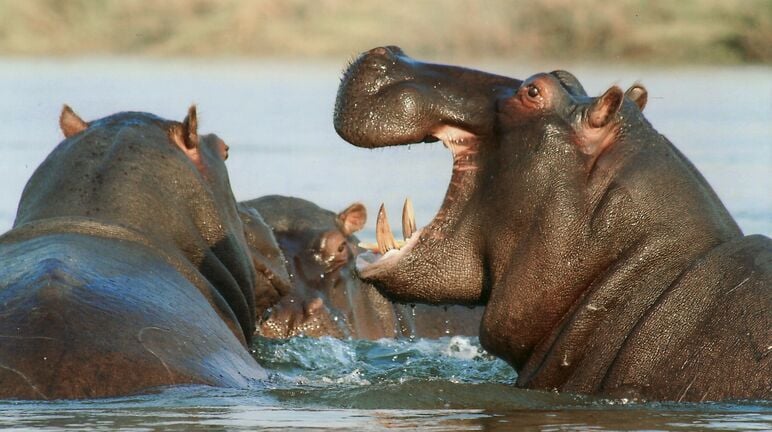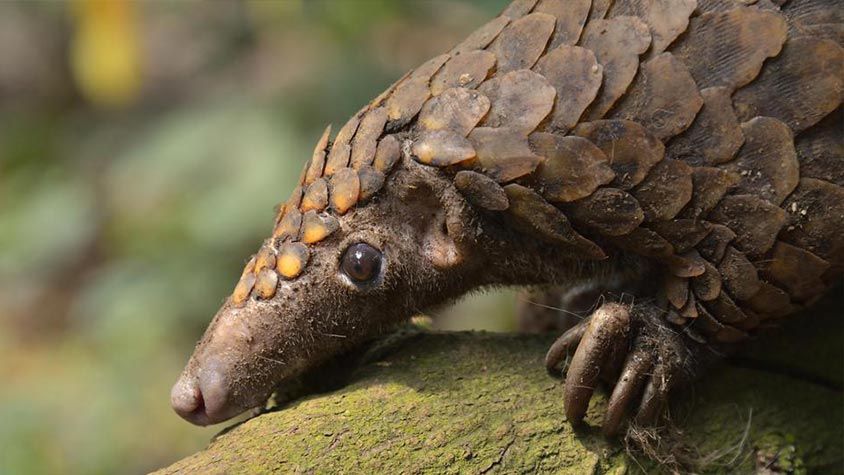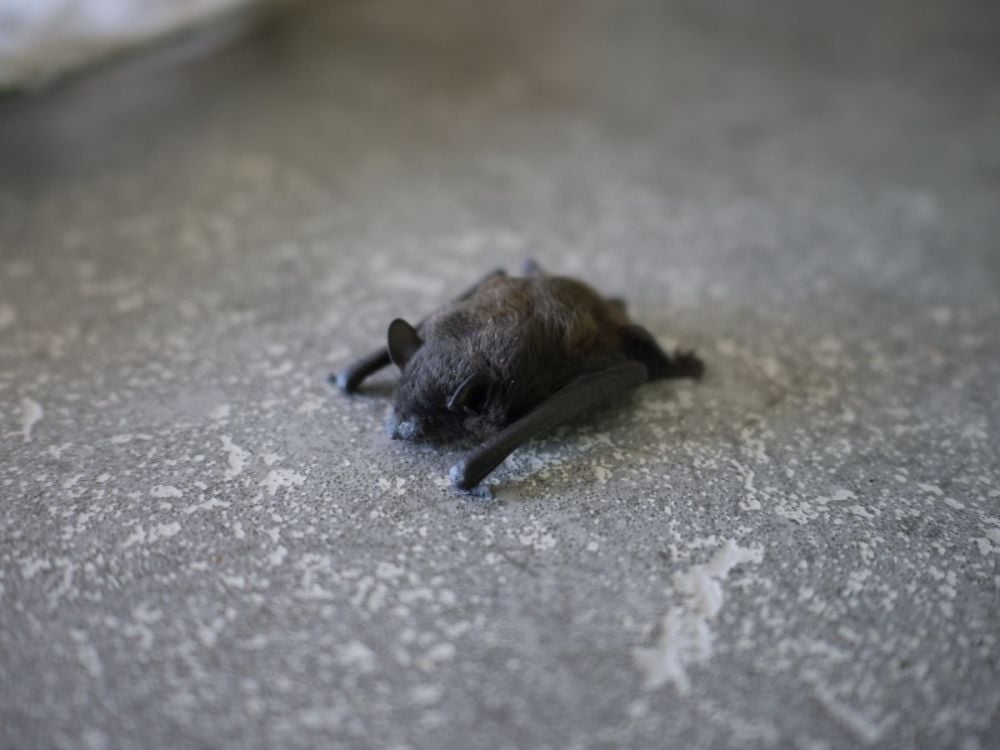Petition to keep the oil industry out of Africa's treasures
Posted on
|
Rainforest Rescue is a non-profit organisation which is committed to preserving rainforests, protecting those living there, and furthering social reforms. Have a prowl around their website and you will notice that they have a number of petitions we can all sign to add our voice to protect the powerless. They say that those living in forests are often powerless against the business interests and ambitions of timber and cattle barons, Western banks, corrupt politicians and oil and mining companies. And there’s a petition at the moment aiming to keep the oil industry out of Africa's natural treasures. ReconAfrica have got a lience for oil and gase exploration in the Kavango delta. They’ve got a second-hand oil rig in the US and shipped it across the Atlantic. Drilling began in December in 2020 and if successful, the companies plans to extract two billion barrels of oil before drilling into deeper layers of rock. Rainforest Rescue say the ecological impacts of the projects will be devastating. They say it would threaten bodies of water in the dry Namibian savannahs, and Botswana’s UNESCO World Heritage Site, the Okavango Delta and huge numbers of elephants, hippos, rhinos and birds. Livelihoods of locals hang in the balance.
Rainforest Rescue say, “We need to stop ReconAfrica’s project for the sake of the climate, biodiversity, water, and the livelihoods of the local people. Please support our demands with your signature.” Hippos, elephants, rhinos and birds can’t have a voice in this – they need us to speak for them. Please sign the petition and act on their behalf. |


